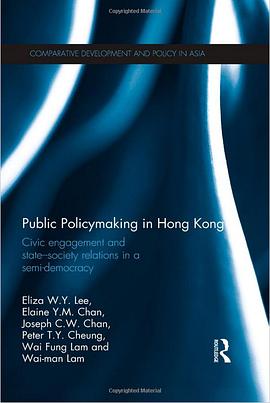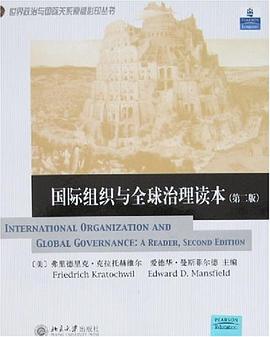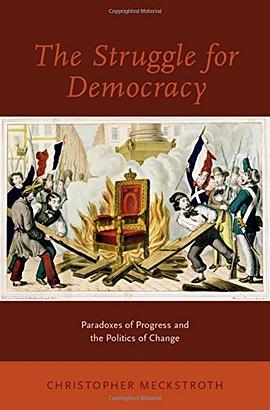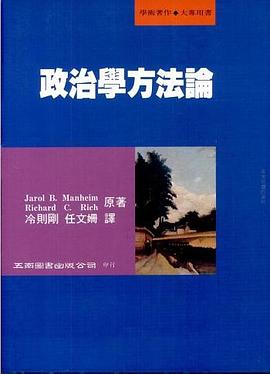

Why and how has civic engagement emerged in the policy process of Hong Kong as an Asian semi-democratic state? This book attempts to answer this question through examining six cases that straddle diverse policy domains. It identifies three explanatory factors, namely, the profile of a policy domain, the structure of societal interest, and the strength of the civil society sector as important in shaping the state’s strategy in managing society, hence its propensity to engage. These factors affect the outcome through dynamic interaction between the state and societal actors. The findings outlined in the book show that the development of civic engagement in Hong Kong consists of both society-led and state-led cases. Society-led development brought about a high degree of openness and inclusiveness, whereas state-led civic engagement practices tended to be tactics utilized by the state for appeasing or depoliticizing civil society. Compared with other Asian regimes, the use of ‘transgressive contention’ as a way to compel the state to engage society is a feature that stands out in the liberal autocratic regime in Hong Kong.
具體描述
讀後感
評分
評分
評分
評分
用戶評價
相關圖書
本站所有內容均為互聯網搜索引擎提供的公開搜索信息,本站不存儲任何數據與內容,任何內容與數據均與本站無關,如有需要請聯繫相關搜索引擎包括但不限於百度,google,bing,sogou 等
© 2025 qciss.net All Rights Reserved. 小哈圖書下載中心 版权所有




















